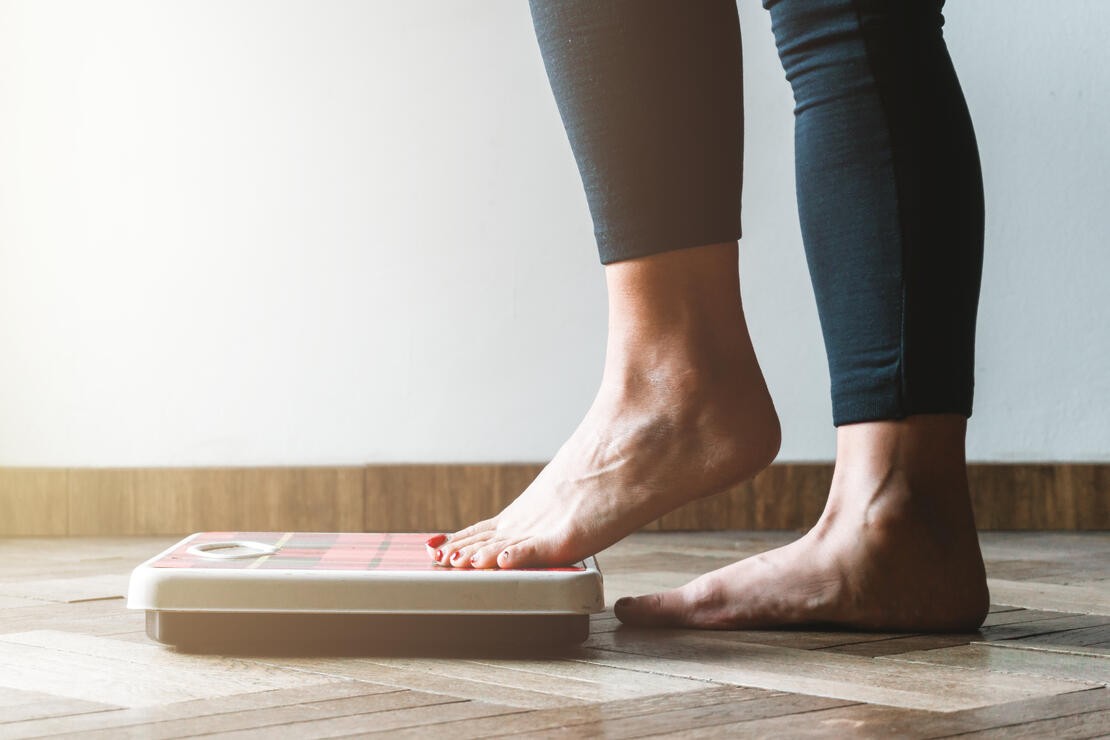Weight Loss Journey: Personal Responsibility and Accountability

Weight loss may feel intimidating at times, but it can also be an empowering assertion of self-worth and control - your future is in your own hands and no one else's. It's a deeply personal journey towards a healthier self. No two people are the same, and the most important contributor is you. This is why a strong sense of personal accountability and responsibility is crucial to achieving your goals. Of course, it's vital to assemble a team: seek the support of friends and family, and work with your doctor to determine the best path for your health, but only you can make it happen.
Your healthy future will be built on a foundation of accountability. While this may feel overwhelming, there are several simple steps you can take to prepare for long-term success.
Set Goals
When you set achievable goals, your weight loss journey is divided into a series of milestones and opportunities for success. By achieving a string of smaller goals, you can build up the momentum and confidence to propel yourself into your healthy future. And if you happen to stray from the path, your goals can serve as a road map to get you back on track. Talk with your doctor to determine what the best goals are for you based on your unique circumstances.
Keep an Online Journal
Keeping a journal of your eating habits is a way to deepen your understanding of and connection to yourself. Healthy weight loss requires a sense of honesty about your own habits, tendencies and tastes. Your journal will help you keep track of what works, what doesn't and how these dietary choices make you feel, all of which are crucial factors in the formation of not only healthier inclinations, but a healthier lifestyle overall.
Don't forget to include protein checklists to make sure you're getting the most out of your food choices. By comparing your journal to the guidelines and resources provided by your doctor or nutritionist, you'll be empowered to keep yourself on track and to take control of your own habits. After all, this is your weight loss journey and no one else's.
Get Support
Your weight loss journey is your own, but that doesn't mean you don't need support. On the contrary, ensuring that you have ample support is a way of setting yourself up for success, and is therefore a critical aspect of your personal accountability. Our community of physicians, dietitians, psychologists, exercise specialists, and fellow bariatric patients is available to uplift, inform, and inspire you as you navigate the challenges of weight loss. And, by participating in the community, you can pay it forward by offering your insights and experiences to those faced with similar challenges.
Learn more about LifeBridge Health's bariatric support groups and services here.
Weigh Your Choices
Weighing your food for portion control is best, but if you don't have a scale, try comparing your portions to your own hands or everyday objects to make sure your serving sizes are correct. For example, a 3-ounce serving of meat should have the approximate dimensions of a deck of playing cards. Find additional examples below for a quick and easy way to help keep your portions correct.
- 3 ounces of fish should be about the size of a checkbook
- 1 serving of cooked grains should be about the size of a lightbulb or closed fist
- 1 ounce of cheese should be about the size of three dice, a domino or your thumb
Check Your Progress
Weighing yourself on a consistent basis is an important personal responsibility in achieving your goals. Remember, weighing yourself isn't about anyone else, so don't feel pressure to compare the number on your scale to that of others. Weighing yourself can help you:
- Track your progress
- Establish recorded history of your weight loss
- Learn more about how you can most effectively achieve your weight loss goals.
Try weighing yourself once a week, always at the same time of day, and preferably before breakfast. Record these weigh-ins in a spreadsheet or journal so that you and your doctor can review to learn more about your weight loss patterns.
Stay on Target
Whether you've had weight loss surgery, are a weight loss surgery candidate, or are simply seeking treatment to improve your dietary health, follow-up appointments are essential to achieving your goals. These appointments are an opportunity to assess your progress and adjust your plan if necessary, helping to keep you on track and well-equipped for a successful weight loss journey.